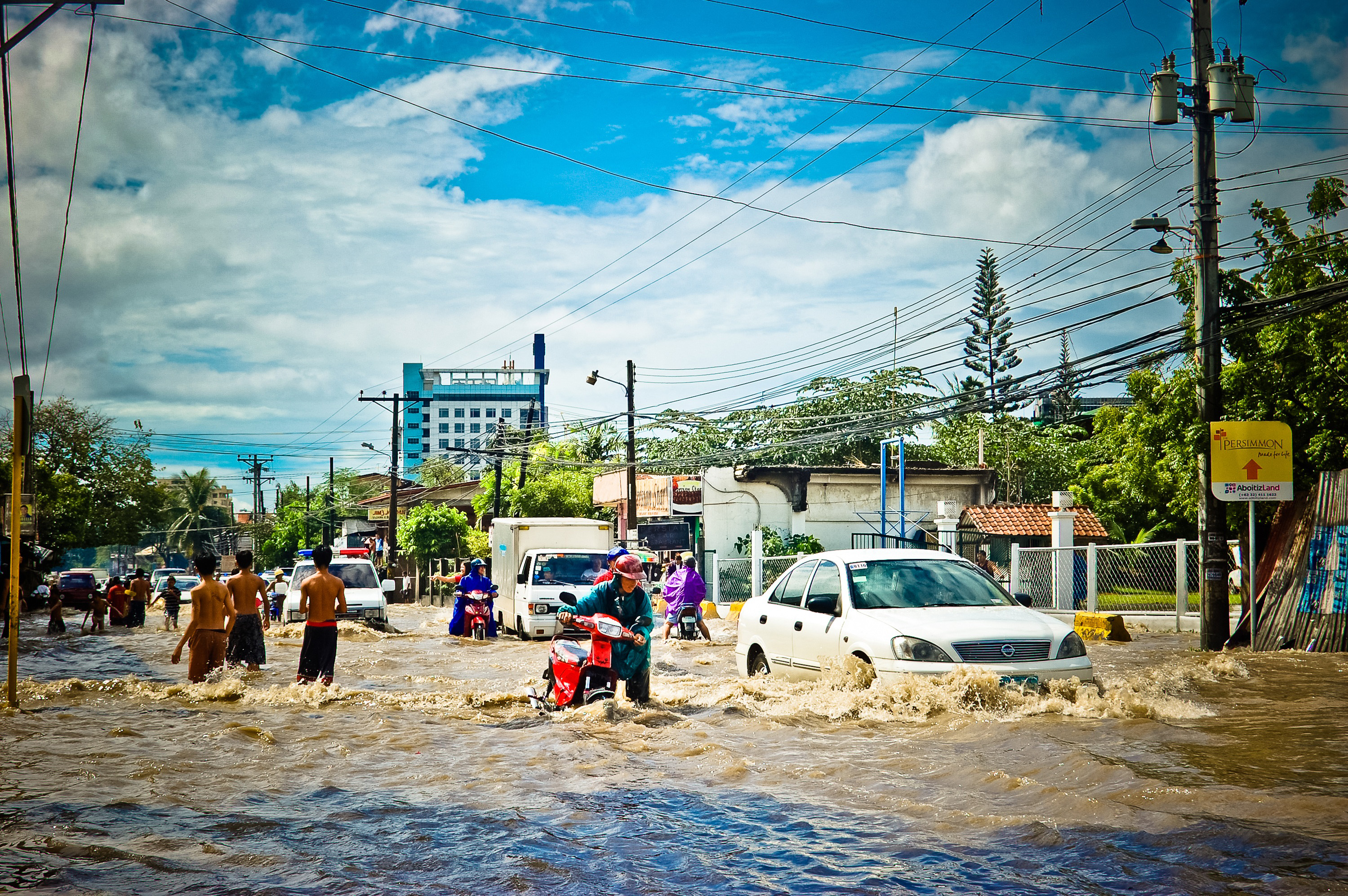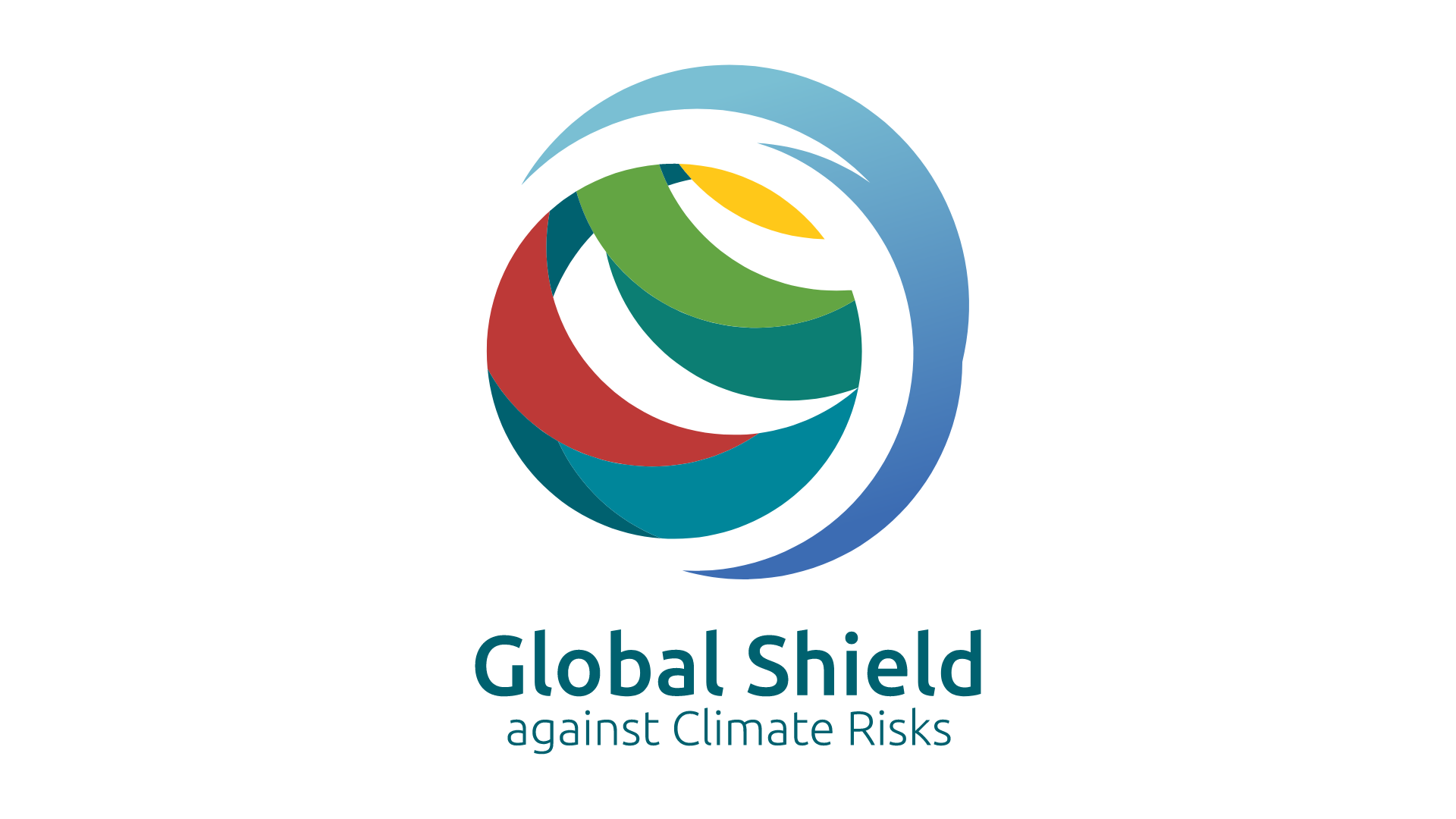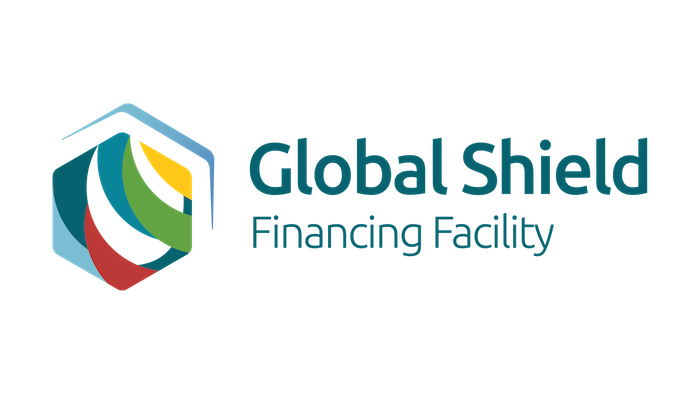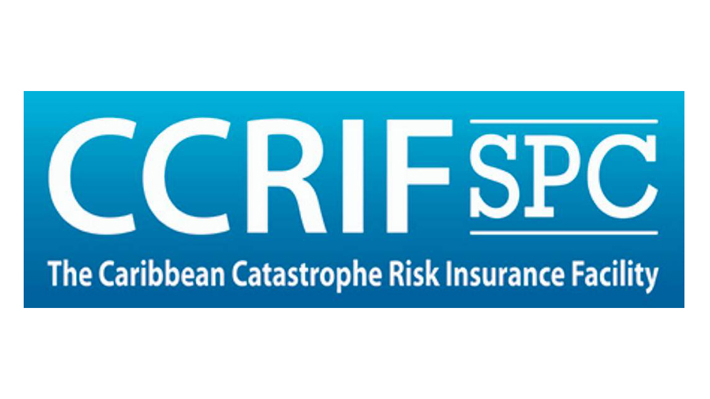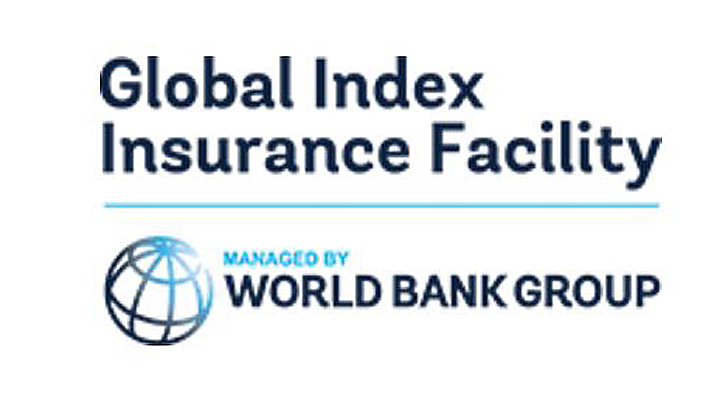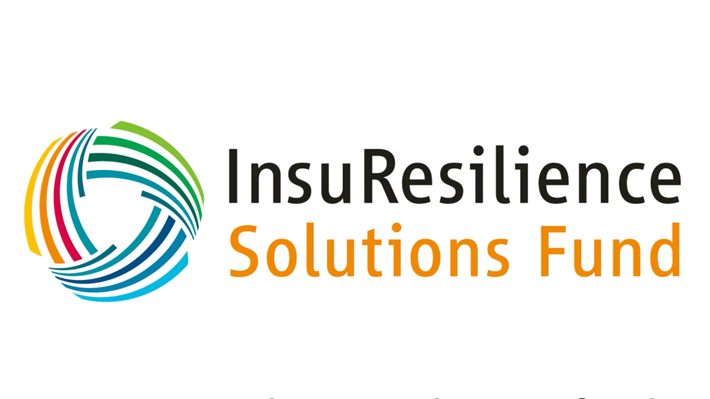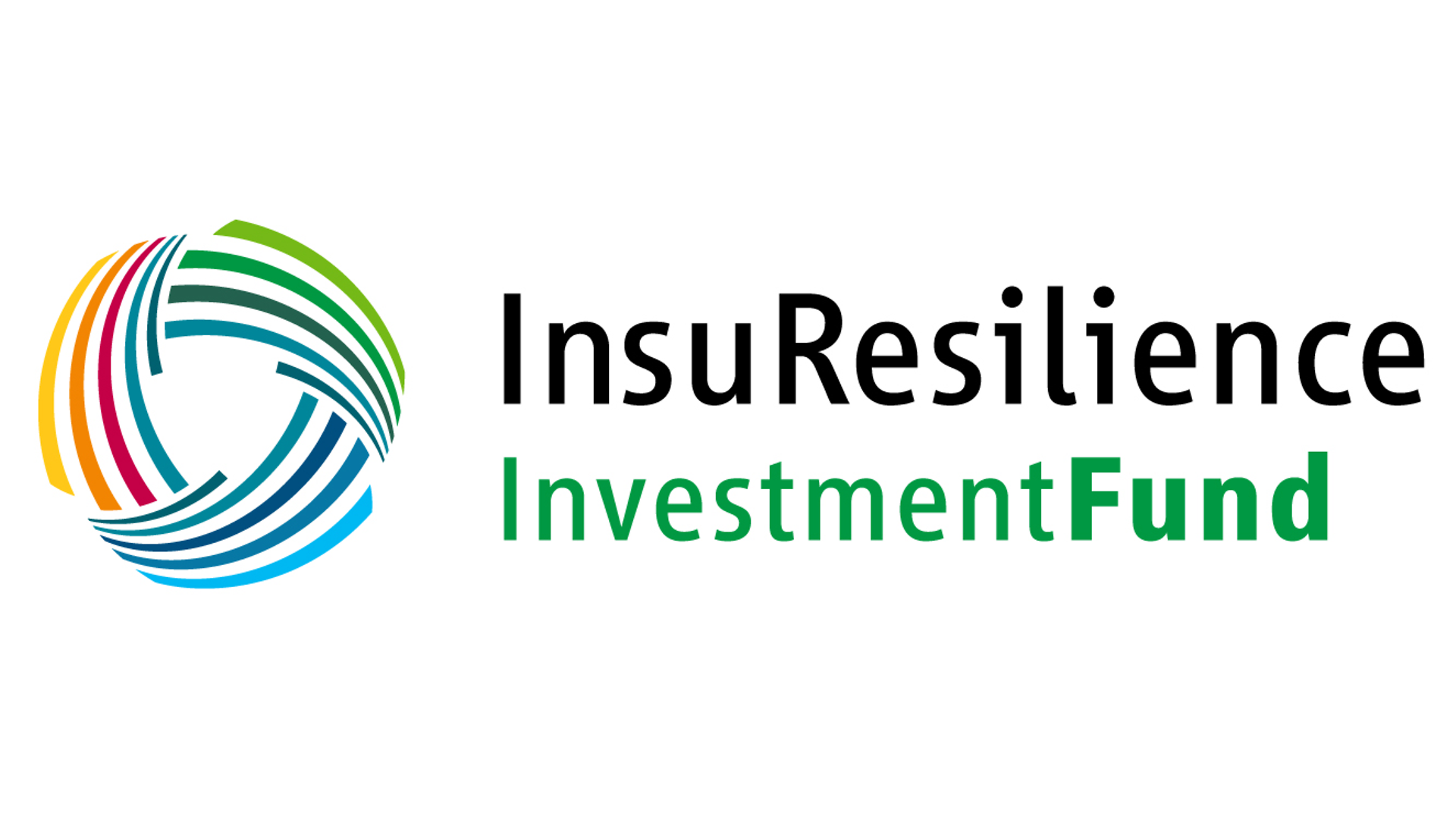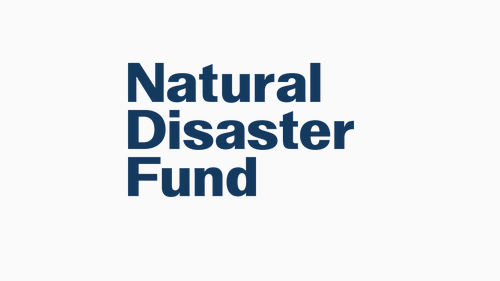Loss and damage protection BMZ achievements in climate and disaster risk finance and insurance
During its G7 Presidency, Germany, together with the V20 (Vulnerable Twenty, an alliance of countries particularly vulnerable to climate change), launched the Global Shield against Climate Risks. The Shield brings together activities in the field of climate risk finance and preparedness, enabling people and authorities to access urgently needed assistance more easily and more quickly when disaster strikes.
The Shield builds upon the InsuResilience Global Partnership (External link), which works towards comprehensive and active climate risk management worldwide. The Partnership facilitates cooperation among governments, the private sector, multilateral institutions, civil society organisations and research institutes.
German activities Permanent protection for particularly vulnerable people
During its G20 Presidency in 2017, Germany joined forces with the UK, Fiji, Ethiopia and the World Bank to launch the InsuResilience Global Partnership as a joint G20 and V20 (External link) initiative. In its ambitious Vision 2025 (External link), the Partnership has adopted the goal of increasing the climate risk and disaster resilience of the most vulnerable populations in developing countries and emerging economies.
The Global Shield against Climate Risks, which was established at the 2022 climate conference, builds on this goal and on Vision 2025, making use of the experience and of the networks, bodies and mechanisms of the Partnership. The Shield pursues a coordinated, inclusive approach which brings all major stakeholders together, under the lead of the respective partner governments, to engage in a comprehensive process of analysis and consultancy. This approach is intended to make cover against climate risks more systematic, better coordinated and more permanent compared to previous instruments.
The aspiration is to use pre-arranged finance to provide better coverage against climate risks for an even greater number of vulnerable people and countries, closing coverage gaps permanently in a step-by-step process. This is being implemented through the Shield's central funding structure, which consists of the Global Shield Solutions Platform (External link) (GSSP), the Global Shield Financing Facility (External link) (GSFF) and the Climate Vulnerable Forum & V20 Joint Multi-Donor Fund (External link) (JMDF).
Finance and insurance solutions
Here is an overview of the finance and insurance solutions that are offered under the umbrella of the Global Shield and/or the InsuResilience Global Partnership. They provide a broad range of solutions for coverage against extreme weather events and can be used in a complementary manner.
As at: 29/08/2025
